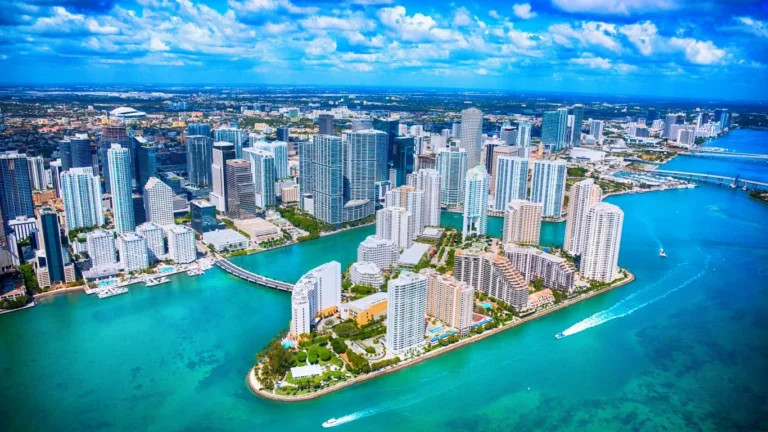Mexico City Will Run Out Of Drinking Water

According to CNN, “one of the world’s biggest cities may be just months away from running out of water.” That city is Mexico City, home to a fifth of the population of the nation of which it is the capital.
US Drought —Lake Mead Not Half Full
Drought Threat —Leaving Malibu
Mexico City is also the fifth largest city in the world, with 22 million people. The drought will deeply harm the city in humanitarian and financial ways. The projected date for the water to run out, if anyone can be precise, is August 2024.
The dam-created reservoirs around the valley where the city is located are less than a third full. This information is part of the calculation by Mexico’s National Water Commission. The two lines of aqueduct that provide water to Mexico City are predicted to collapse if they become empty. Seasonal rains might partially help resolve the problem, but with the effects of climate change, those rains could bring less water than usual.
In a recent study from JGR Solid Earth titled “Over a Century of Sinking in Mexico City: No Hope for Significant Elevation and Storage Capacity Recovery,” the authors point out that the water problem creates socio-economic problems and cuts the ability of Mexic0 CIty to grow. (That may be a mixed blessing).
Twenty-two percent of Mexico’s GDP is from Greater Mexico City (Mexico City and 60 adjacent municipalities). This is similar to comparing the GDPs of California and Texas together to the overall US GDP.
Modern history has no precedent for a city as large as Mexico City losing its entire fresh water supply. Many of the world’s other largest cities don’t have water supply problems because of heavy rains in the region or because they are adjacent to lakes or rivers. Tokyo, for example, is the world’s largest city, with a metro population of 37 million, and relies on a series of large rivers to its north and west.
Mexico’s city water dilemma adds it to a list of heavily populated areas worldwide that can no longer support their populations because of climate change-triggered heat, flood, pollution, and drought problems. The only solution to this problem is migration from these places, and for a metro the size of Mexico City, that is not an option, economically or logistically. There are no other areas of similar labor demand in the entire country.
As the Mexico City water system collapses, it may be the first test of whether a vast metro can be so severely crippled by the climate crisis that it, in turn, causes a collapse of its national economy.
More from ClimateCrisis 247
- Tampa Real Estate Continues To Fall As Miami Softens
- Climate In A Bottle
- Phoenix Blackout Could Send Thousands To Emergency Rooms
- Can Drones Replace The Weather Service?






